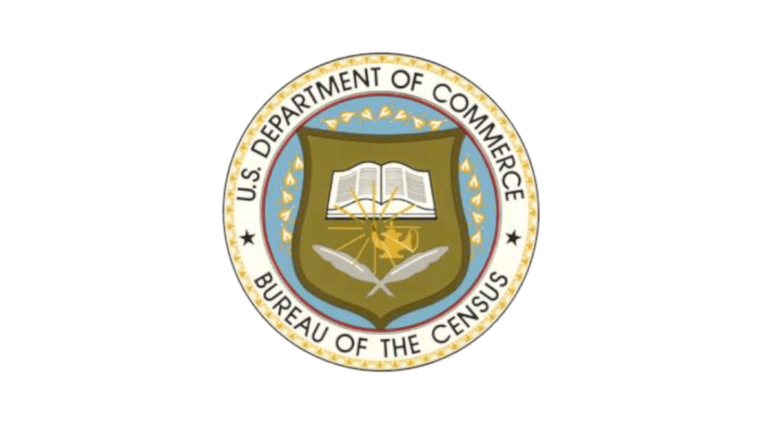Evictions have been in the news lately in Cobb County due to economic distress brought on by the COVID-19 pandemic. Cobb Chief Magistrate Judge Brendan Murphy recently updated the court’s FAQ on COVID-related policy on evictions, which lists county resources for tenants at risk of eviction. And yesterday the U.S. 11th Circuit Court of Appeals upheld the constitutionality of the CDC’s eviction moratorium in a decision on a lawsuit brought by a group of landlords.
President Joe Biden recently announced that the extension of the eviction moratorium to July 31 will be the last such extension, and it is expected the end of the moratorium will trigger a nationwide wave of evictions and homelessness.
Against this background, the U.S. Census Bureau is soliciting technological solutions to put both tenants and small landlords in touch with resources to help them through the ongoing crisis.
The program is pitched at companies, non-profits and universities who are interested in working on solutions to the nation’s problems. The particular project aims to streamline the process by which tenants and small landlords can get resources necessary to stay afloat.
The challenge is part of the Census Bureau’s The Opportunity Project (TOP) program, which issues a set of “development sprints,” to “come up with ways to use data and technology to solve some of the world’s biggest challenges.”
The sprints are described as follows:
The Opportunity Project facilitates 12-week product development cycles—called “sprints”—focused on helping companies, non-profits, and universities build products with federal open data that help solve national challenges.
We give teams access to subject-matter and data experts to accelerate their progress. By emphasizing virtual communication, we make cross-sector collaboration easy and effective.
The specific “sprint” on evictions is entitled “Preventing Crisis for Low-income Renters and Small Landlords,” and the Consumer Financial Protection Bureau is taking the lead on the project.
The document outlining this particular challenge describes the problem as follows in the excerpt below:
THE PROBLEM – Housing insecurity, or access to affordable housing for lower income households, is not a new challenge facing our country, but it has been exacerbated by the COVID-19 pandemic. In 2020, those who fell behind at least three months on their mortgage increased 250 percent to over 2 million households. Collectively, these households are estimated to owe almost $90 billion in deferred principal, interest, taxes and insurance payments. Similarly, over 8 million rental households are behind in their rent. Now, as the economy recovers from the impacts of the pandemic, eviction moratoriums established to help vulnerable renters will sunset. As these protections end, many households that faced housing insecurity prior to and during the pandemic will have increased challenges resuming rent or being able to cover back payments, potentially leading to households being displaced and/or individuals becoming homeless.
The challenge is described as follows:
THE CHALLENGE – Develop innovative digital tools to prevent financial hardship and housing insecurity by raising awareness of housing assistance resources and connecting at-risk households with housing assistance.
If you are in an organization that might be interested in this project, a good starting point is the press release describing the sprints in this cycle, followed by the document describing the eviction project.
You can join the project by following this link.

The moratorium created the upcoming crisis. Had it not been in place, people could have been helped along the way as they were evicted. Now, so many people are going to be evicted all at once, it will be impossible to help them all. That’s your government at work.